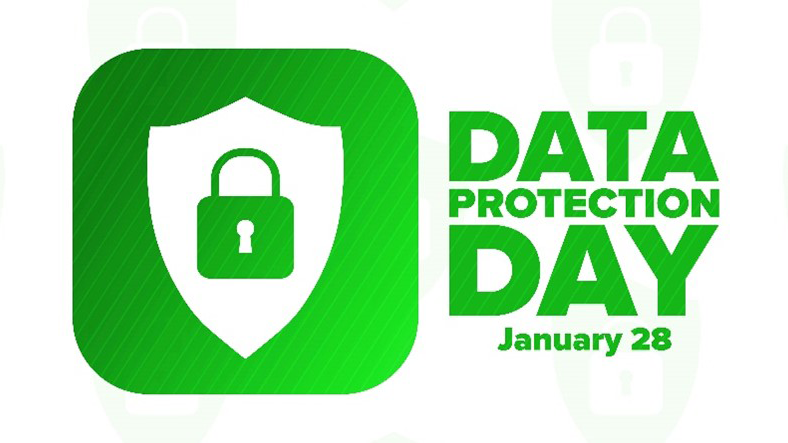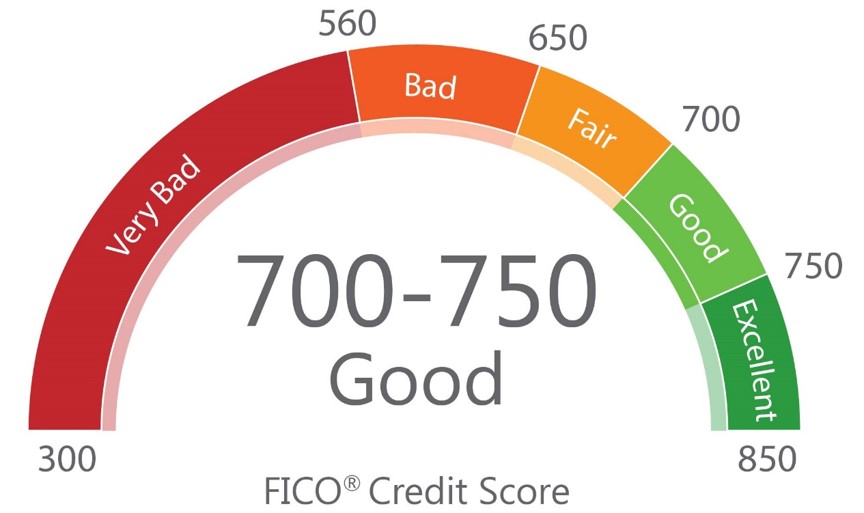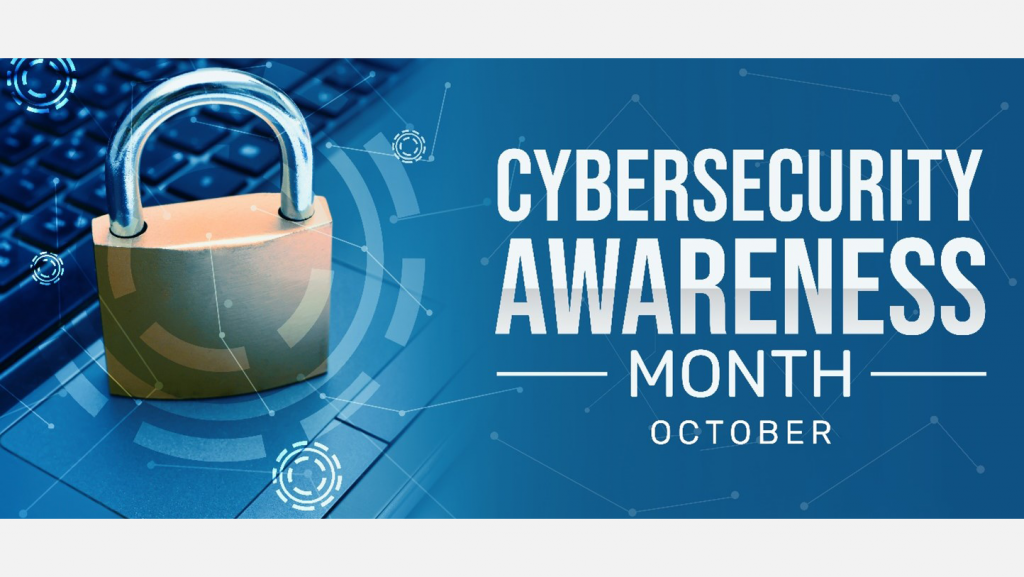
As the holiday season approaches, scammers are gearing up to exploit your generosity through charity fraud. Don’t let these Grinches steal your holiday spirit or your hard-earned money. Here’s how to protect yourself from charity scams this season.
First, be wary of high-pressure tactics. Legitimate charities won’t rush you to donate immediately. Take your time to research before giving. Use trusted resources like BBB’s Wise Giving Alliance or Charity Navigator to verify the organization’s legitimacy[1].
Pay attention to how they ask for donations. Red flags include requests for cash, wire transfers or gift cards[3]. These payment methods are hard to trace and favored by scammers[1].
Second, be cautious of charities with names similar to well-known organizations. Scammers often use this trick to appear credible. Double-check the charity’s name website and contact information carefully[3].
Don’t let emotions cloud your judgment. While heart-warming stories can be compelling, resist the urge to donate on the spot. Legitimate charities will appreciate your donation just as much tomorrow or next week[1].
Third, watch out for unsolicited emails or text messages claiming to be from delivery services about incoming or missed packages. These are often phishing attempts to steal your personal information[2].
Remember you can use the IRS Tax Exempt Organization Search tool to verify if an organization is a legitimate tax-exempt charity[3]. Never share personal information like your Social Security number with someone soliciting donations.
By staying vigilant and doing your homework you can ensure your generosity reaches those truly in need this holiday season. Don’t let scammers dampen your holiday spirit – give wisely and safely.
Prompt Reporting: If you feel you have fallen for a scam or suspect your accounts or identity have been compromised, report the incident immediately. RCB Bank customers can contact us at 855-226-5722 during business hours or visit RCB Bank Security Center website for detailed information. Need to contact RCB Bank Fraud Department on the weekend? Contact us at 877-361-0814 Saturday 8:00 a.m. – 4:00 p.m. CST or Sunday 8:00 a.m. – 12:00 p.m. CST (excluding Federal Holidays).
Contact other reliable sources such as the FBI and file a complaint at ic3.gov to contribute to efforts against these fraudulent activities.
Opinions expressed above are the personal opinions of the author and meant for generic illustration purposes only. RCB Bank, Member FDIC.
Sources:
[1] https://getcarefull.com/articles/how-to-avoid-charity-scams

























